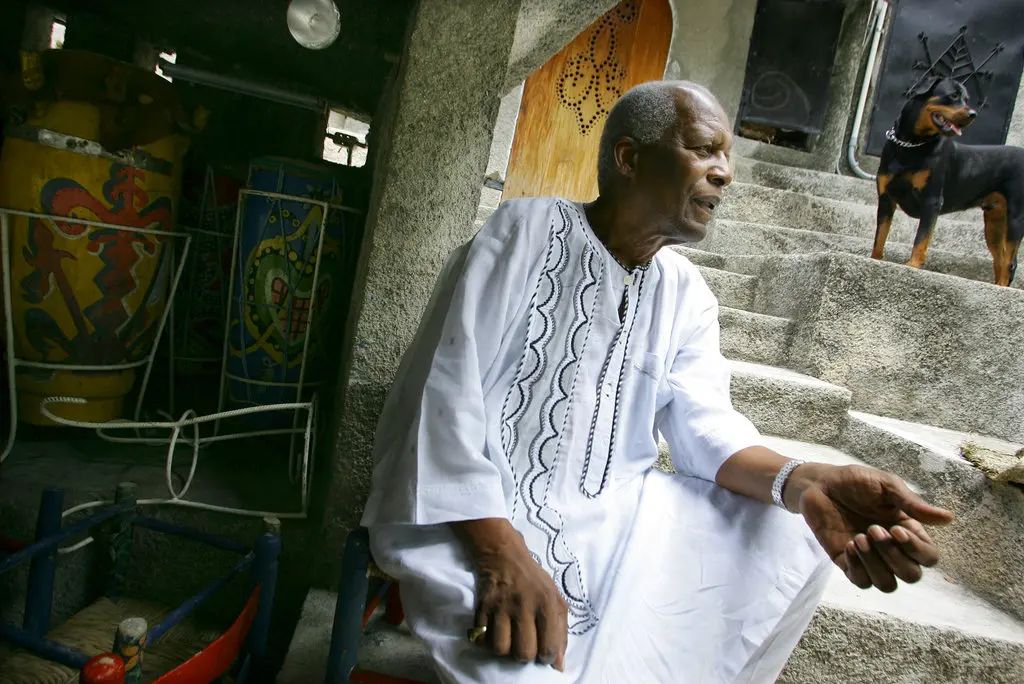From Ginen to Betasyon
Rarely does the Haitian spirit incline toward the rugged creed of individualism; rather, it finds its essence in the bonds of communal life. ‘Apre Bondye se latè’—after God, the earth sustains us—yet I would add, ‘Apre latè se Lakou.’
The Lakou is at once a physical abode, a spiritual sanctuary, and a portable tradition. Anmwey!—how numerous are these Lakous, each embodying a distinct tapestry of shared existence:
- Lakou: The primordial hearth, a many-dimensional domain where the extended family partakes of life in unison.
- Lakou-Andèyo: The rural Lakou, nestled in the countryside’s embrace, a haven of ancestral rhythms.
- Lakou Ginen: A consecrated Lakou, founded upon the sacred tenets of Ginen, the spiritual homeland.
- Lakou Lavil: An urban counterpart, thriving within towns—such as Lakou Blain in Bel Air, Port-au-Prince, or perched near the town’s borders.
- Lakou-Bitasyon: A cluster of dwellings gathered around a common courtyard, embodying the mutuality of life.
So the Lakou transcends mere habitation; it is a living testament to the Haitian ethos, binding kin and land in a sacred covenant of shared destiny.”

“Haiti has a Western veneer, with an educational system, courts and a government, but this has very little to do with the way things really work. We should stop being ashamed and recognize what we are: a country with an African social structure that revolves around the Vodou community. Vodou governs everything, our moral codes, the way we rationalize, eat, cure, and work the land. We have to find a Haitian answer in harmony with what we are.”